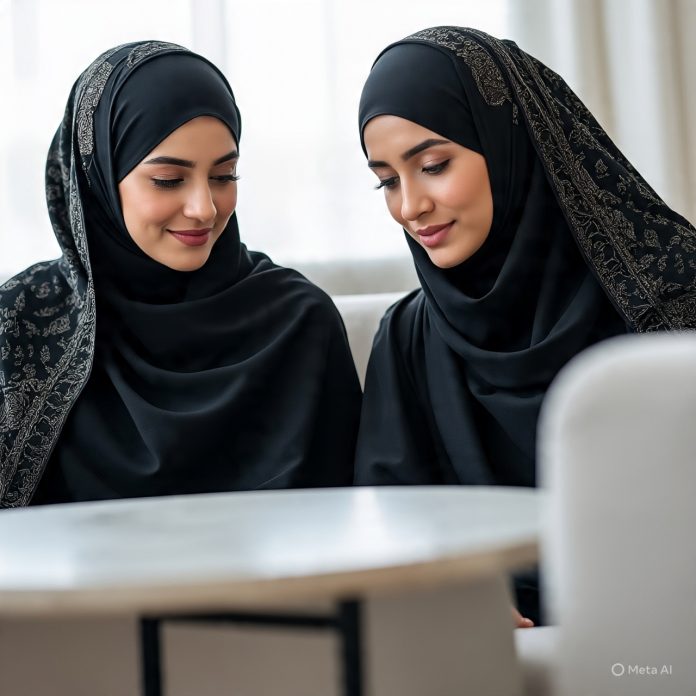Islam is often misunderstood regarding its stance on women, with many assuming it restricts their rights or limits their potential. In reality, the Holy Qur’an — the ultimate source of Islamic law and guidance — grants women dignity, honor, and a comprehensive framework of rights that were revolutionary at the time of its revelation. These rights encompass spiritual, social, economic, and political spheres, reflecting Islam’s emphasis on justice and equality.
1. Spiritual Equality
The Qur’an affirms that men and women are spiritually equal before Allah. Their value is measured not by gender but by piety and righteousness. Allah declares:
“Indeed, the Muslim men and Muslim women, the believing men and believing women… the truthful men and truthful women, the patient men and patient women… Allah has prepared for them forgiveness and a great reward.” (33:35)
This verse highlights that both men and women are addressed equally in matters of faith, worship, and moral accountability. Women are encouraged to seek knowledge, perform acts of worship, and strive for spiritual excellence just as men are.
2. Right to Education and Knowledge
The Qur’an’s first revealed word was “Iqra” — “Read.” This command is universal and not restricted to men. Women are equally responsible for acquiring knowledge, which is essential for understanding faith, managing personal affairs, and contributing to society. Historically, Muslim women such as Aisha (RA) played a pivotal role in preserving and transmitting Islamic teachings, becoming scholars and teachers for generations to come.
3. Social Dignity and Protection
The Qur’an elevated the status of women at a time when many pre-Islamic societies viewed them as property or burdens. Female infanticide, a common practice in Arabia, was strictly prohibited:
“Do not kill your children out of poverty; We provide for you and them.” (6:151)
Women were recognized as individuals with inherent worth and given respect within family and society. The Qur’an emphasized kindness towards women, particularly in marriage, commanding men to treat their wives with compassion:
“Live with them in kindness…” (4:19)
4. Economic and Inheritance Rights
Long before the modern world recognized women’s financial independence, the Qur’an granted women the right to own property, engage in business, and receive an inheritance.
“For men is a share of what the parents and close relatives leave, and for women is a share…” (4:7)
This was a groundbreaking reform, ensuring that women were not left destitute and had economic security. A woman’s wealth is her own; she is under no obligation to spend it on the household — a responsibility that falls primarily on the man.
5. Right to Marriage and Consent
The Qur’an strictly forbids forced marriages and gives women the right to accept or refuse a proposal. Marriage is described as a partnership based on love, mercy, and mutual rights. Divorce, while discouraged, is allowed as a last resort, and women are given clear rights regarding dowry (mahr), maintenance during ‘iddah, and fair treatment.
6. Legal and Witness Rights
Women have the right to participate in legal matters, give testimony, and seek justice. The Qur’an instructs believers to uphold fairness and defend the oppressed, regardless of gender. Women also have the right to seek divorce (khula) if a marriage becomes unbearable.
7. Political and Social Participation
The Qur’an praises the Queen of Sheba for her wisdom and leadership (27:23-44), showing that women can hold positions of influence. Early Muslim women participated in public life, including pledging allegiance to the Prophet ﷺ and contributing to community welfare.
The Holy Qur’an laid the foundation for one of the most comprehensive systems of women’s rights in history. It recognized women as equal partners in faith, protectors of moral values, and active contributors to family and society. While cultural practices in some Muslim-majority regions may not always reflect these ideals, the Qur’anic vision is clear: dignity, justice, and respect for women are non-negotiable. Reviving these teachings today is essential for building a balanced and just society, where both men and women can thrive in harmony with the divine guidance of Islam.
